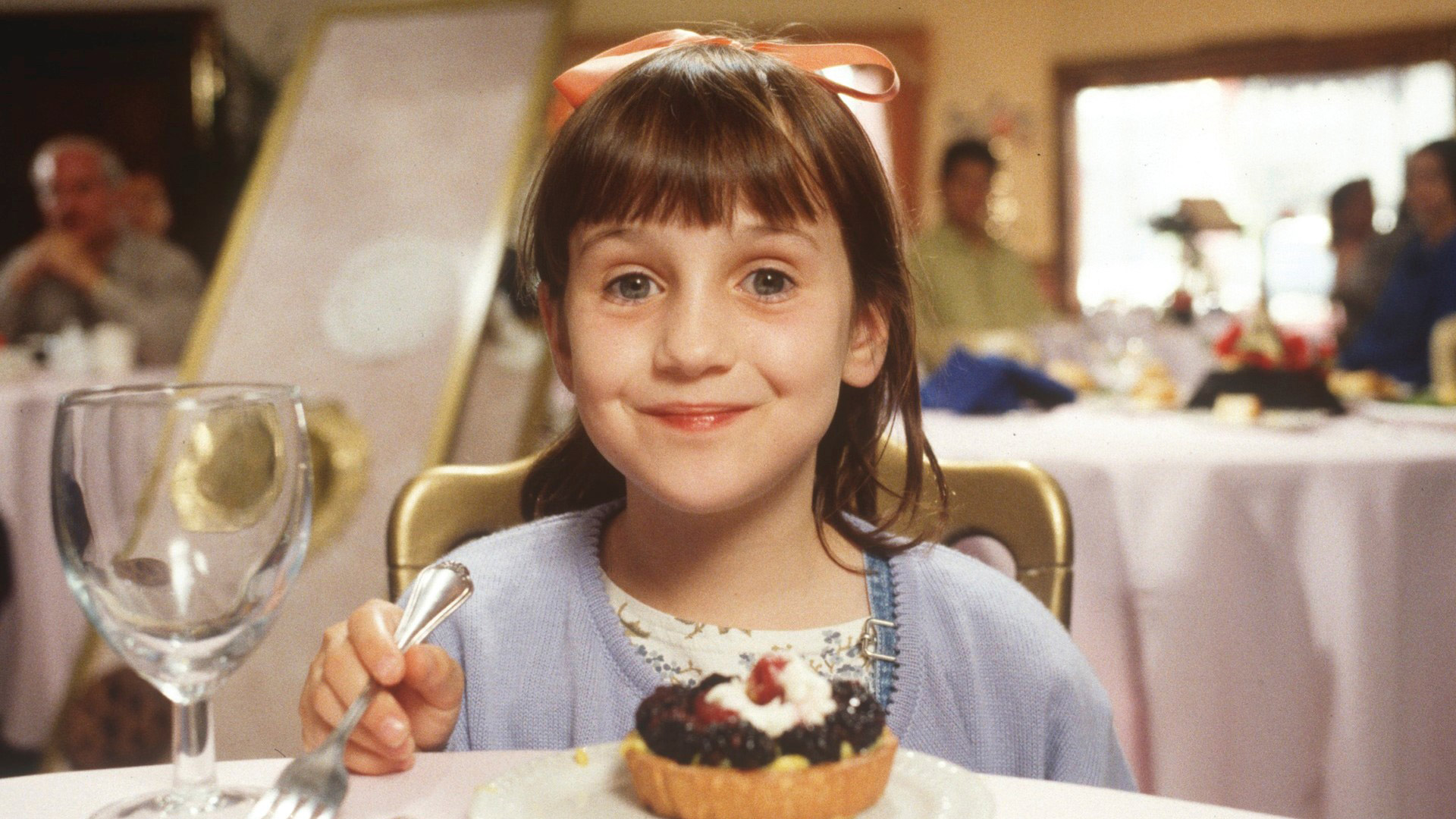Netflix is one of – if not – the most visited platform in my streaming service rotation. It’s been a saving grace for finding a gripping drama to immerse in, or low-key TV show for the background – but now Netflix is about to lose my favorite childhood movie of all time, and it’s hit me hard.
Danny DeVito’s Matilda (1996) is one of the movies that defined my childhood, and having owned it in every format possible, I can quote it word-for-word. Now that it’s one of the 30 movies leaving Netflix in August (it will be removed from the platform on August 1), there’s not a lot of time left to catch it, so take this as a push to watch it once more.
A timeless family classic
Not only is Matilda a highly-rated movie (it has 92% on Rotten Tomatoes from the critics), it’s a heart-warming tale of a young girl’s journey to excellence in spite of being stuck in a neglectful environment. It’s also one of the best book-to-movie adaptations, bringing Roald Dahl’s classic novel to life.
The story goes like this: Matilda Wormwood (Mara Wilson) is a gifted and intelligent young girl born to dismissive parents (Danny DeVito & Rhea Perlman) who don’t want to understand her. She seeks comfort and escapism in reading, exercising her mind to the extent where she develops unique telekinetic abilities.
When her parents finally send her to school, she’s faced with mean headmistress Agatha Trunchbull (Pam Ferris) known for her cruel disciplinarian practices. In between the abuse from both the headmistress and her parents, Matilda forms a warming bond with her teacher Miss Honey (Embeth Davidtz) – the only person who recognizes Matilda’s remarkable potential, giving her the space to use her talents to the full extent.
So much more than good vs evil
When it comes to DeVito’s fantasy comedy, it’s not just a story where good triumphs over evil – it’s so much more.
As a character, Matilda is incredibly multi-faceted. One of her biggest assets is her ability to navigate her way through a world of neglectful voices using her unique imagination and self-education, highlighting the power of knowledge outside of the academic kind.
But for me, it’s the depiction of blood family versus chosen family. The movie perfectly turns the image of a traditional blood family on its head, instead allowing Matilda to develop a child-parent relationship with a non-blood relative, Miss Honey. It’s a bond that she longs for over the course of the movie, and one that every child deserves. It’s the perfect sign-off to her journey, leaving room for us to imagine how the relationship grows after the credits roll.
Read the full article here















